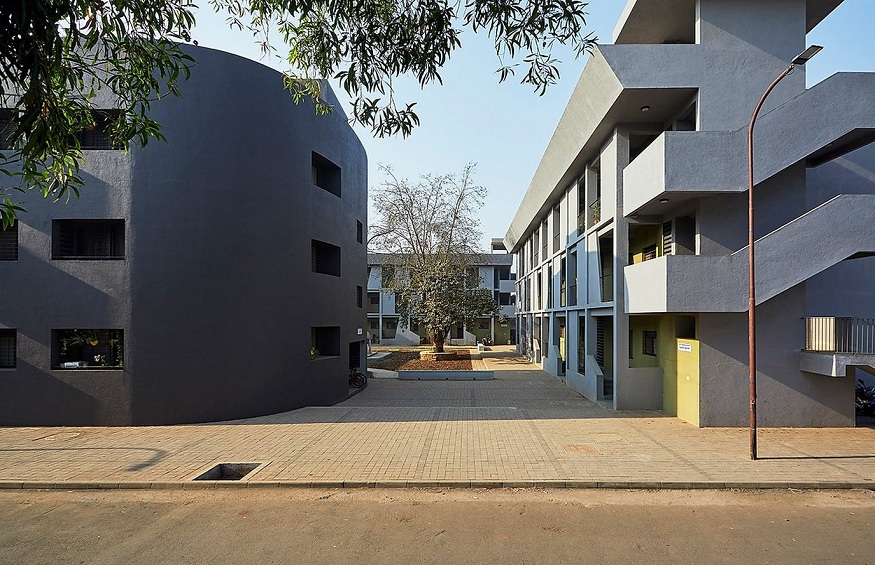A lot of developers tend to finalize new development plans and start their construction before involving an operator in the domain of student housing. However, this often ends up being a mistake. Ideally, the timeline must be in reverse order. Developers must ideally try to involve the operator in their market research, design phases, and the planning process for the purpose of soliciting unbiased feedback for the feasibility of the project. They also must try to incorporate operational efficiencies into the development plans. Most well-established student housing developers like Nelson Partners already have a systematic plan in place when it comes to property development.
Involving an operator from the start helps developers to avoid errors like including underutilized amenities, underwriting unrealistic operating expenses and oversupplying the market with poorly designed unit mix. All these issues can hinder future revenue growth and occupancy. Here are a few pointers that developers may follow for the systematic planning of a student housing project:
It firstly is important to engage a student housing operator for the purpose of performing a good market assessment and feasibility study. Operators make great consultants as they can suggest tried and tested practices and have the ability to carefully assess both future enrollment growth and housing supply. They leverage their operational expertise from other markets for identifying leasing opportunities, as well as recommending design features that shall differentiate the development and return optimal revenue.
A pipeline report detailing the possible new entrants to the market, both off and on the campus, must be provided with the market assessments. Consultants generally meet with city planning officials. Contact university officials, as well as scour online recourses with the aim of compiling a list of potential completed developments.

A unit that has too many four-bedroom sectors or studios can hinder the likelihood for project success, even in a market that is under supplied. A successful mix tends to generally feature multiple floor plan options at varying price points that might appeal to an expansive range of students, right from the ones who are seeking private, high-end living experience to the ones who are more budget conscious. Understanding the student demographic
The operator would ideally be in tune with the global trends in the marketplace, and subsequently can recommend amenities that might add to the resale value of the property and increase its leasing velocity. They will also have a proper understanding of the amenities used by students most frequently, and can identify diverse climate-appropriate for the purpose of retaining residents and attracting new students.
A well-known name in the domain of student housing, Nelson Partners always maintains a systematic process when it comes to their property development and management process. They tend to tailor their services to the specific needs and requirements of each individual client. The properties of this company can be found in some of the best universities in the nation.









